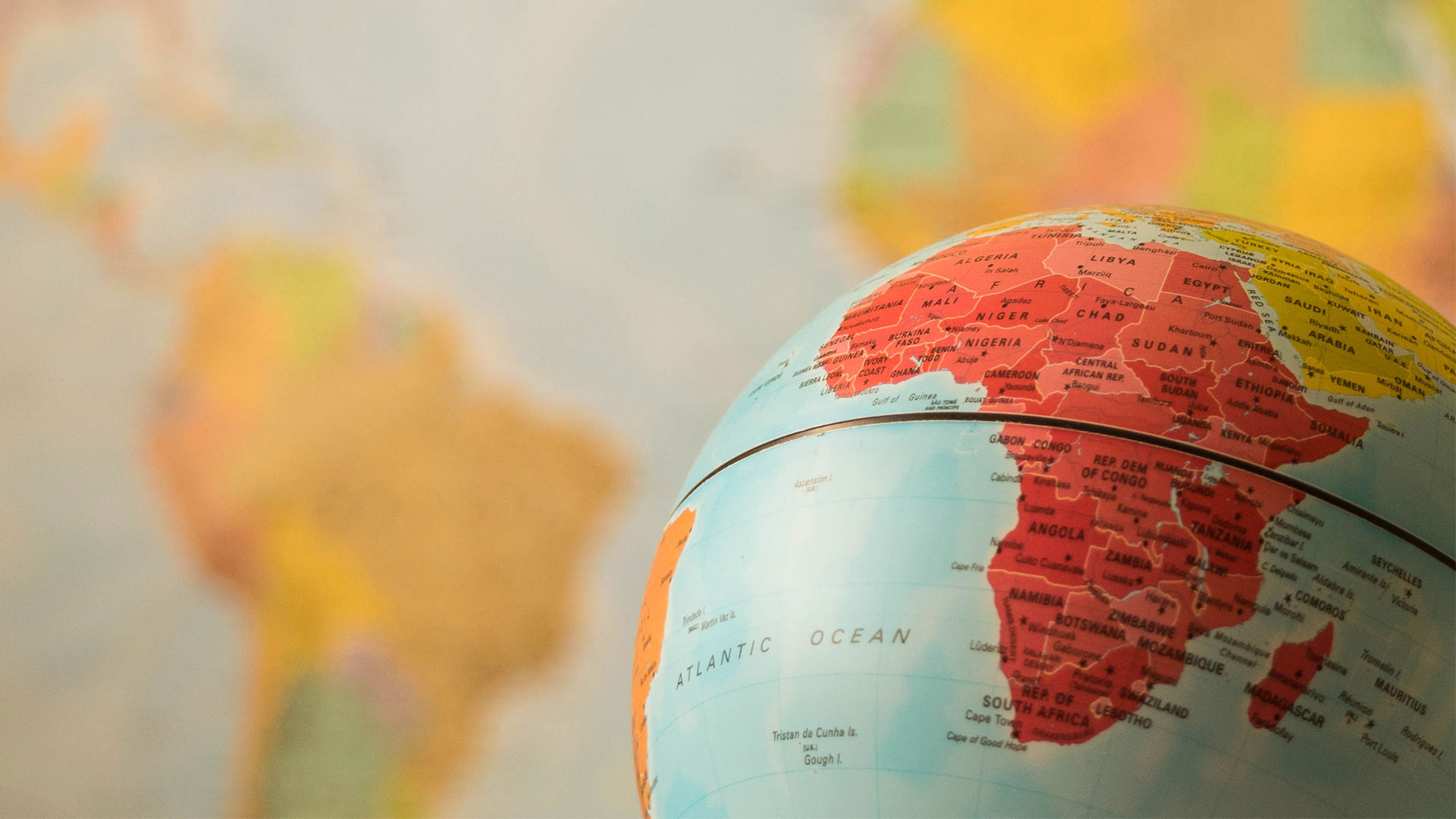
Trade in Africa has long been touted as the big corporate opportunity. In part one we looked at some of the main challenges. In part two we turn to solutions and future prospects.
Currently, African countries with established trading relationships with partners beyond their continent want certainty if they are to deal intra-regionally in any volume. There may be a lack of will to invest in a new distribution network where there is a proven, profitable long-term link elsewhere. Risking an upset to an existing relationship is understandably causing reticence, says Thabo Makoko, Head of Transactional Services, Absa.
Not that old relationships offer any trade guarantees in an increasingly volatile world. A key part of African commodities trade activity is now with China. The ongoing US/China trade war presents an unknown risk. China is Zambia’s biggest buyer of copper – the country is Africa’s second-largest copper producer – and it has already recorded some sales declines, he notes.
Integration
In order to bring about closer intra-Africa trading relationships, systemic integration could be a solution to the problem. It is still very regionalised, and the conversation on broadening it out is not all-inclusive. “There are still some countries that are not necessarily part of the intra-Africa trade conversation which still see their primary relationships sitting in Europe and the US,” Makoko notes. But with entrepreneurial direct investment in different African countries escalating, he strongly believes that “if this culture continues, is encouraged, celebrated, and backed by technology, it will begin to evolve”.
If nothing else, the cost of cash should begin to focus corporate minds on resolving the issue, he argues. Indeed, many corporates are yet to quantify the indirect costs of transacting in cash, including the logistics of processing it, maintaining tight security, and for multi-centre operations, managing the inevitable liquidity and visibility challenges.
Cash is still a significant instrument for transacting inside the continent amongst smaller businesses: typically over 70%, and in some countries, over 90%. Even the more advanced economy of South Africa is a 50% cash-user in the non-corporate space. This has an impact on corporates sellers because they will receive payments in cash, and also on corporate buyers who are in relationships with small local providers that are unbanked. This same issue applies to humanitarian ‘distributors’ like the UN which are forced to use cash because of the low number of banked individuals amongst typical recipients.
Moving forward
At the highest level, the African Union (consisting of all countries on the continent) is enabling across the board engagement between key stakeholders – including central bankers and leading business people – as they seek solutions to the ongoing challenges around facilitating trade.
This includes tackling seemingly mundane issues such as making easier visa-based travel for entrepreneurs seeking to travel to and make investments in different countries. Perhaps most exciting though, comments Makoko, is the advance of online trade as it starts to replace the complexity of physical infrastructure, open up new cross-border markets, and encourage the use of digital payments and banking of the unbanked.
With the extended reach facilitated through digital trade often built through commercial partnerships (especially between banks and fintechs), there is great value in enabling different parties to talk, says Makoko. “We can begin to reduce the complexity of doing business but also allow the tapping of markets that would otherwise be neglected.”
Diversifying
In a continent that has a third of the planet’s mineral resources and 10% of the world’s oil reserves, it is obvious that it has been economically shaped by the commodities markets. But their volatility has been noted by the wise and they are responding.
According to website, Future Agenda, major oil-exporting country, Nigeria, has developed a service sector that now accounts for 60% of its GDP – including its US$3bn ‘Nollywood’ film industry, second in the world only to India’s Bollywood. Angola, Africa’s second largest oil exporter, now has 30% of government revenues coming from non-oil sources such as farming fishing and manufacturing.
With an expected collective African GDP of US$2.6trn by 2020, and US$1.4trn of consumer spending, the impact of around 500m new middle class consumers is forcing change, as it is in Asia. The average growth of the continent’s economy over the past decade has been 5% per annum. It is already as urbanised as China, and has as many cities with a population over one million as Europe. Urbanisation boosts productivity, it drives demand and, subsequently, investment.
The bottom line is that Africa is an opportunity; not to be exploited but to be partnered with.
“When corporates start thinking about trade into and out of the continent, they need to understand the issues around liquidity, the unintegrated financial systems, the cost of transacting with cash, and the complex and changeable regulatory environment,” says Makoko. “Understanding these key elements leads to better planning around visibility and movement of money, and how to deal with regulation, leading to a better view of efficiency within these constraints.”
This, he states, makes treasury’s input vital, “because ultimately it’s not the size of the business that will win the day, it’s the speed of response”.